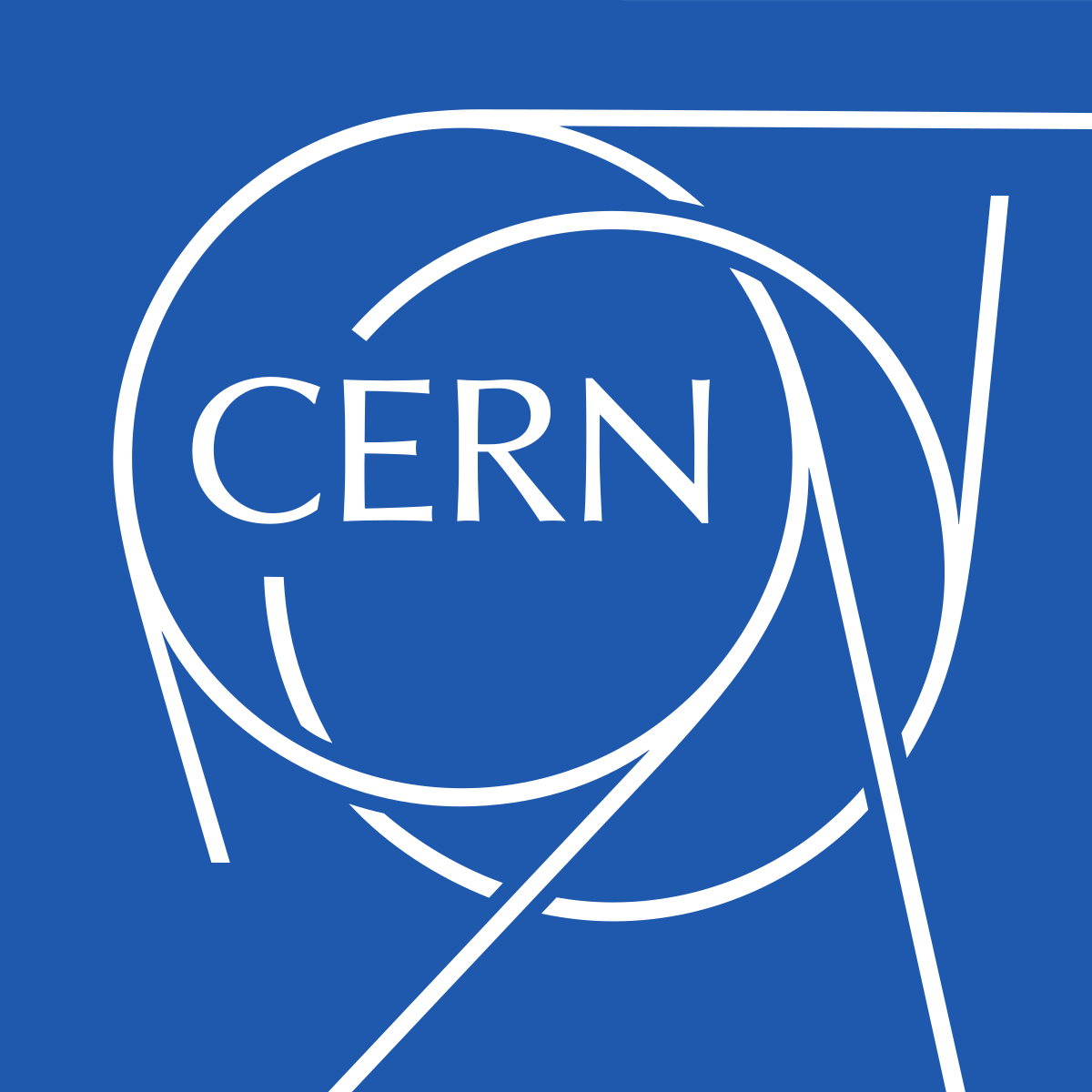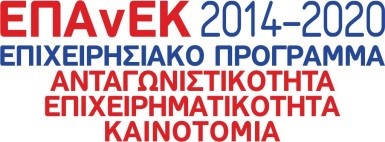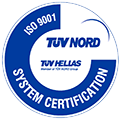GENERAL INFORMATION
The European Organization for Nuclear Research (CERN) is the world’s largest nuclear and particle physics laboratory. Physicists and engineers, using state-of-the-art and complex accelerators and detectors explore the basic structure of matter and the fundamental laws of the universe. Their goal is to understand elementary particles, the basic constituents of matter, and the laws governing them.
Accelerators are machines designed to accelerate charged particles (protons, electrons or other ions) to high energies; particles are then made to collide with a static target or with against other particles. The Large Hadron Collider is the world’s largest and most powerful particle accelerator. Detectors record collisions and collect the necessary experimental data.
CERN is located just outside Geneva on the Franco-Swiss border. It was established in 1954 and has currently 22 member states; Greece is one of its founding members. CERN employs nearly 6500 scientists, representing 500 universities and more than 80 nationalities. Greece participates in the ATLAS, CMS, ALICE, CAST, ISOLDE, n_TOF and RD-51 experiments with research teams from NKUA, NTUA, AUTh, the University of Ioannina, NCSR Demokritos and the University of Patras.
The highest governing body of CERN is the CERN Council. Each member state is represented by two delegates. Greece is currently represented by Ambassador Ms Anna Korka and Pr. Konstantinos Fountas.
The Greek scientific workforce currently working at CERN comprises:
- 40 Greek university professors taking part in various CERN experiments;
- 28 Greek PhD candidates from Greek higher-education institutions taking part in CERN experiments;
- 54 Greek PhD holders holding 2-year CERN Research Fellowships;
- 36 Greek university students with 12-month internship placements at CERN (CERN Technical Studentships);
- 13 Greek PhD candidates preparing their doctoral theses at CERN;
- 30 Greek physicists, engineers and administrative officers employed in permanent positions at CERN.
In addition, secondary education teachers and students, also participate in relevant CERN training courses and programmes.
GENERAL SECRETARIAT FOR RESEARCH AND INNOVATION
Regarding the participation of Greece in CERN activities, the General Secretariat for Research and Innovation (GSRI) is assisted by a committee of Greek scientists the majority of whom, beyond their research and academic work in Greece, are also active at CERN (e.g. taking part in CERN experiments). The committee is established and appointed by the GSRI and provides advice to the R&I Secretary General under whom it is convened. Its mission is to prepare proposals for optimal exploitation of the Greek participation in CERN.


















